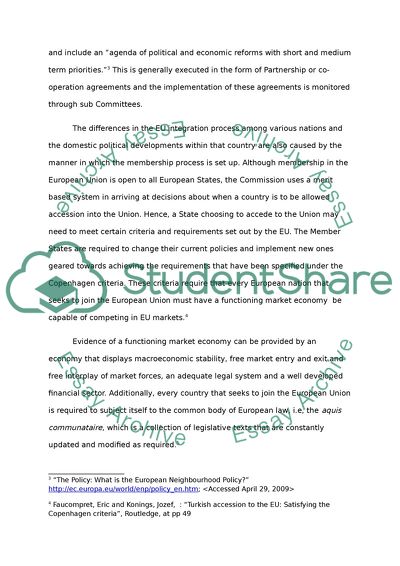Cite this document
(EU Accession and Impact upon Domestic Politics Research Paper - 2, n.d.)
EU Accession and Impact upon Domestic Politics Research Paper - 2. Retrieved from https://studentshare.org/law/1722688-law
EU Accession and Impact upon Domestic Politics Research Paper - 2. Retrieved from https://studentshare.org/law/1722688-law
(EU Accession and Impact Upon Domestic Politics Research Paper - 2)
EU Accession and Impact Upon Domestic Politics Research Paper - 2. https://studentshare.org/law/1722688-law.
EU Accession and Impact Upon Domestic Politics Research Paper - 2. https://studentshare.org/law/1722688-law.
“EU Accession and Impact Upon Domestic Politics Research Paper - 2”, n.d. https://studentshare.org/law/1722688-law.


